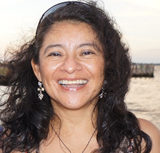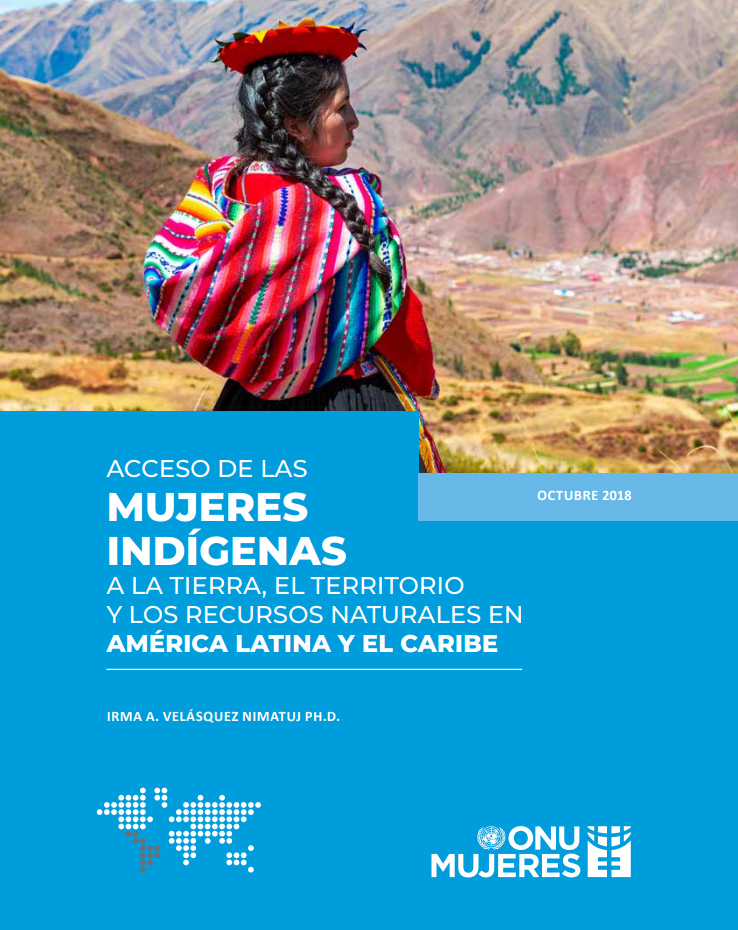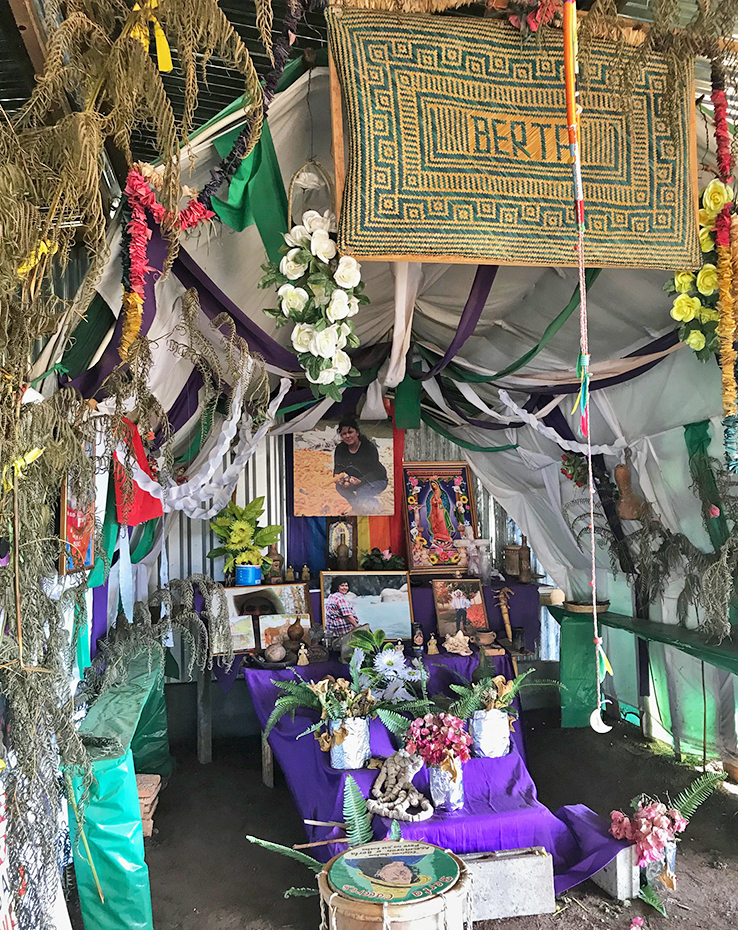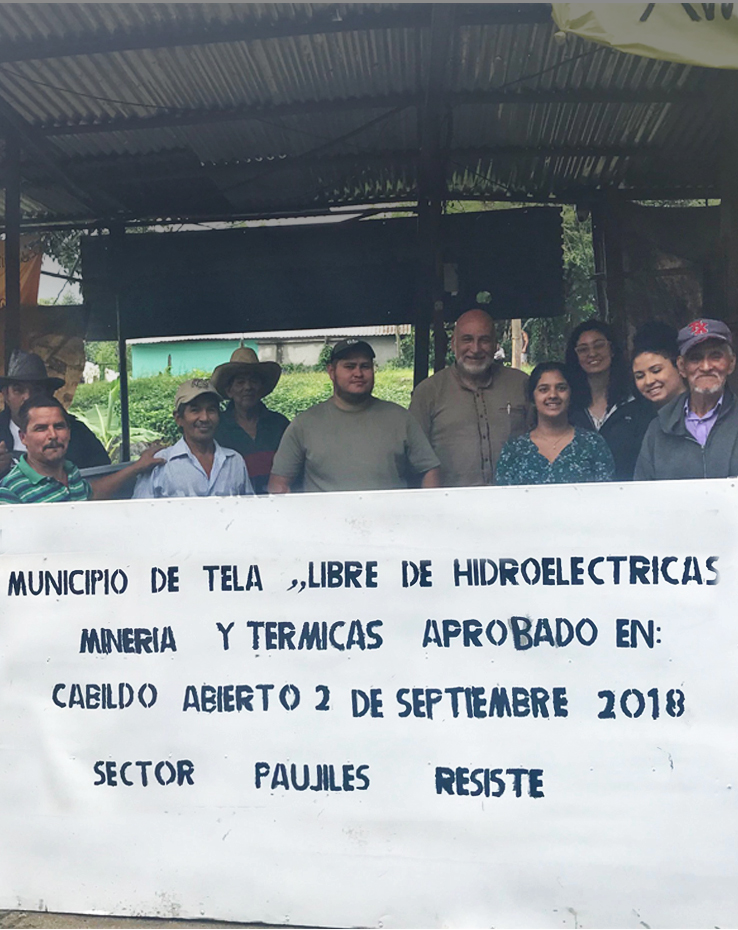 CCARC Board Member Dr. Irma Alicia Velásquez Nimatuj has served as a consultant and expert witness on issues of indigenous women and in cases of genocide and state violence in Guatemala.
CCARC Board Member Dr. Irma Alicia Velásquez Nimatuj has served as a consultant and expert witness on issues of indigenous women and in cases of genocide and state violence in Guatemala.
She was an expert in the First Court of Conscience against Sexual Violence during the Armed Conflict; in the Sepur Zarco case, where Q’eqchi women demanded justice for the rape and enslavement they suffered at the hands of the Guatemalan military, and also in cases of sexual violence against Achi women; in the genocide case against Achi communities; in the CREOMPAZ case of Guatemala; and regarding the denial of access by indigenous peoples to own their community radios, among others. She has served as an adviser in the area of rights of women and indigenous peoples for UNWomen in Latin America and the Caribbean.



 CCARC Board Member Joe Berra directs students on human rights advocacy projects at the
CCARC Board Member Joe Berra directs students on human rights advocacy projects at the
